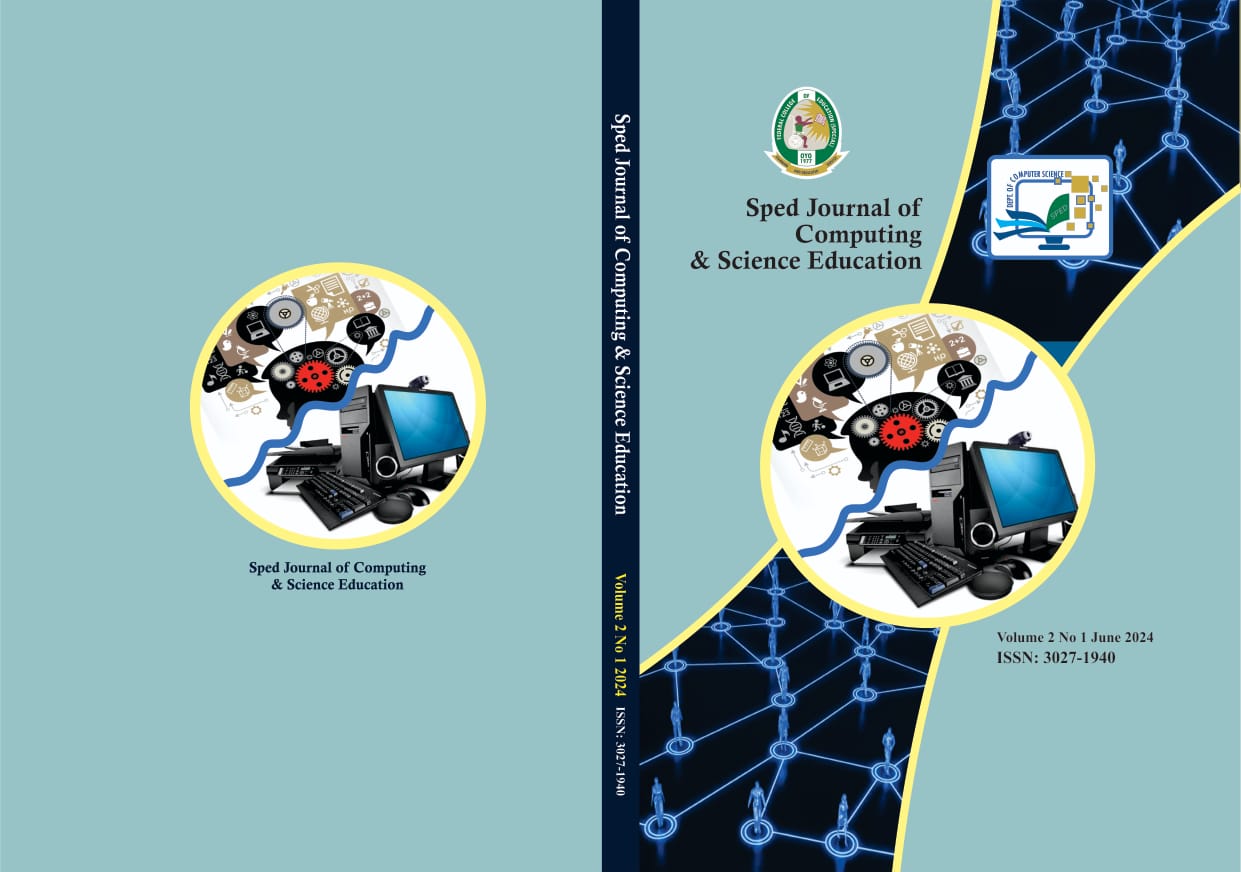Salvation and Indulgence in Luther’s Reformation and the Contemporary Pentecostal Traditions – A Comparative Analysis
Keywords:
Reformation, Contemporary Christianity, Unscriptural practice, SalvationAbstract
The celebrated 16th century church reformation led by the German professor and priest – Martin Luther, aimed at removing unscriptural practices introduced to the church during the Middle Age. Corruptions in the cathedral and larger society have not abated five centuries after the church reformation. In Nigeria, a number of moral and spiritual decadence identified by Martin Luther and other Protestants have resurfaced in the 21st century church. This research made a comparative analysis of the doctrine of sin and salvation in Christian traditions of the 16th and 21st centuries with a view to expressing the similarity between the processes adopted by the papacy, the Protestants and the contemporary Christianity. Descriptive survey design was adopted while self-structured questionnaire, interview and participatory observation were the instruments used to gather data from two hundred (200) randomly selected population from four (4) Pentecostal churches in Ibadan metropolis. Simple percentage was used to analyze respondents’ demographic data while chi-square was used to analyze data from the question items. Findings revealed that seed sowing practice in the contemporary time and sales of indulgence of the 16th century have semblance. Calculated value 29.840 obtained is greater than the critical value 21.026 at df 12 and 0.05 level of significant. This implies that there is similarity between the two and they are alien to the Apostolic Christianity. A serious re-evaluation of evangelical strategies, discipleship or mentorship by the Nigerian Christianity as the Protestants and Roman Catholic did formed part of the recommendations.
Downloads

Downloads
Published
How to Cite
Issue
Section
License
Copyright (c) 2024 Yetunde Ruth BALOGUN

This work is licensed under a Creative Commons Attribution 4.0 International License.

